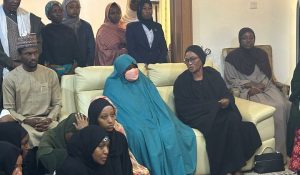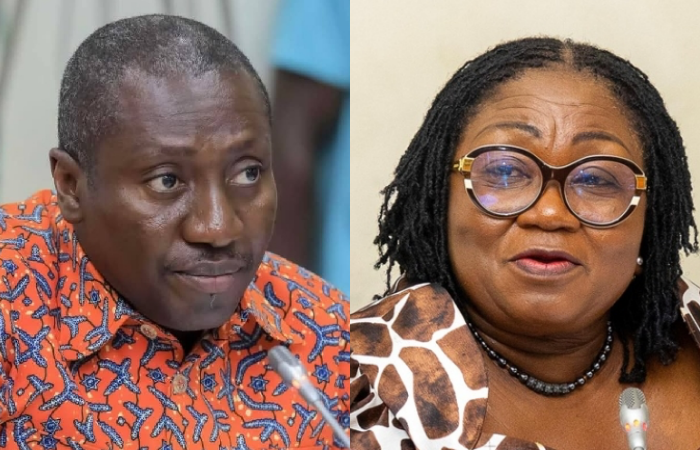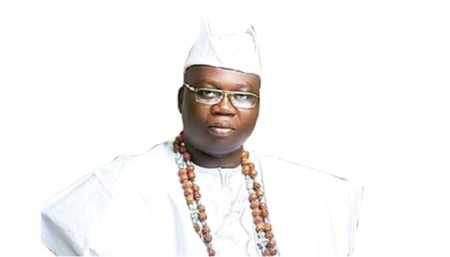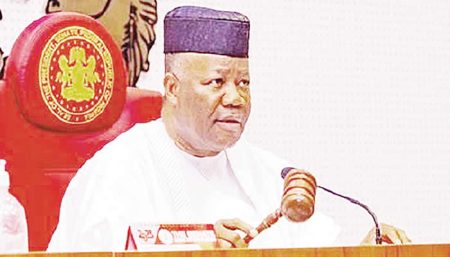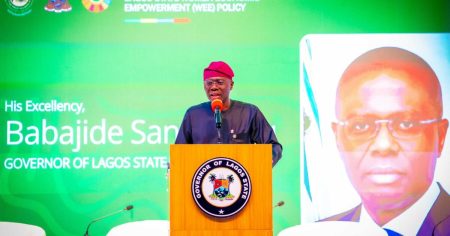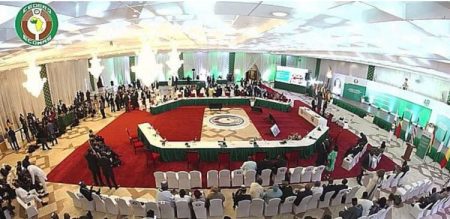The controversy surrounding Hon. Patricia Appiagyei’s nomination to the ECOWAS Parliament highlights a complex interplay of internal political dynamics, procedural irregularities, and legal challenges within Ghana’s legislative body. Appiagyei, the Deputy Minority Leader, vehemently rejected her appointment, perceiving it as a calculated maneuver to sow discord between her and Minority Leader Alexander Afenyo-Markin. The core of her objection lies in the lack of consultation and the perceived breach of established parliamentary procedures. Her nomination was announced on the floor of Parliament in her absence and without her consent, a move she considers deeply disrespectful and indicative of a deliberate attempt to undermine the unity of the minority caucus.
Appiagyei’s rejection is further fueled by the understanding within the minority leadership that Afenyo-Markin would retain his seat in the ECOWAS Parliament. This understanding, communicated to the Committee of Selection, was seemingly disregarded when the Majority Leader proposed Appiagyei as a substitute without any prior consultation with the minority leadership. This unilateral action not only disrespected established internal procedures but also raised concerns about the transparency and fairness of the nomination process. Appiagyei’s strong reaction underscores the importance of consultation and consensus-building within parliamentary processes, particularly when dealing with sensitive matters such as representation in international bodies.
Beyond the procedural irregularities, Appiagyei’s rejection also raises crucial legal questions regarding Afenyo-Markin’s term and position within the ECOWAS Parliament. According to ECOWAS protocols, members are granted a four-year term upon being sworn in. Afenyo-Markin, elected just the previous year and serving as a Deputy Speaker, is legally entitled to hold his position for the full term unless he resigns or is deemed ineligible. Therefore, Appiagyei argues, any attempt to replace him before the expiration of his term constitutes a violation of ECOWAS statutes and sets a dangerous precedent for future appointments. This legal dimension adds another layer of complexity to the situation, raising concerns about Ghana’s adherence to international agreements and the potential repercussions of disregarding established legal frameworks.
Appiagyei’s rejection also addresses the sensitive issue of gender representation in politics. While acknowledging the importance of gender parity, she cautions against using it as a pretext for political maneuvering. She argues that invoking gender inclusion to justify unilateral and procedurally flawed decisions undermines the very principles it seeks to promote and further damages the institutional harmony within Parliament. This nuanced perspective highlights the potential for well-intentioned initiatives, such as promoting gender equality, to be exploited for political gain, thereby eroding trust and hindering genuine progress towards inclusivity.
In her formal declination, Appiagyei urges the Speaker of Parliament to rescind the decision and withdraw her name from any communication to the ECOWAS Parliament. She emphasizes the need for a resolution that preserves unity within the House and upholds the dignity of Ghana’s Parliament on the international stage. This appeal underscores the potential ramifications of the controversy, extending beyond internal political disputes to potentially impact Ghana’s reputation and standing within the ECOWAS community. The situation calls for careful consideration and a commitment to resolving the matter in a way that respects established procedures, upholds legal obligations, and fosters a spirit of cooperation within Parliament.
The controversy surrounding Appiagyei’s nomination serves as a stark reminder of the importance of adhering to due process, respecting established legal frameworks, and fostering a culture of consultation and transparency within legislative bodies. The incident highlights the potential for political maneuvering to undermine these principles, ultimately jeopardizing the integrity of parliamentary processes and potentially damaging international relations. The resolution of this situation will be closely watched, as it will set a precedent for future appointments and demonstrate Ghana’s commitment to upholding democratic principles and respecting international agreements.


